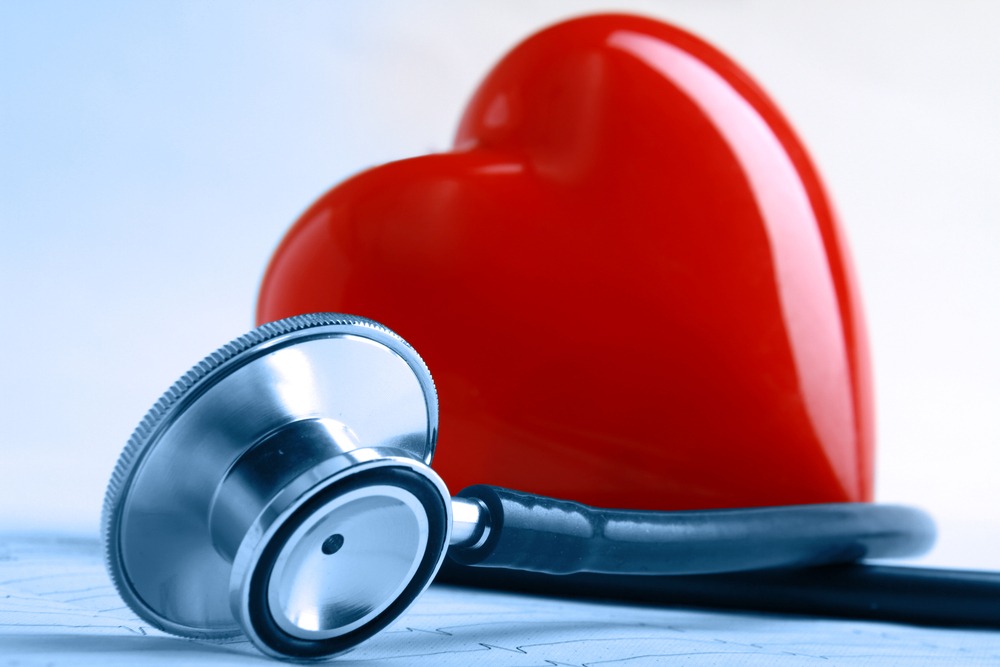
How to Be Heart Healthy: Disease Risks and Prevention Tips for Women

February is the American Heart Association’s 50th annual American Heart Month. In honor of this educational event, I would like to spread awareness about heart disease risks and prevention for women. Many people don’t realize that heart disease is a problem affecting men and women equally. Below I will share eye-opening facts about women and heart disease and tips for preventing heart disease-related illness and deaths:
The Facts About Women and Heart Disease
- Currently, more than 42 million women are living with cardiovascular disease and this disease kills more women than men each year.
- 1 in 3 American women will die of cardiovascular disease. It is the leading cause of death for American women.
- About 6.6 million women are living with coronary heart disease and well over half of women who die suddenly from coronary heart disease show no previous symptoms.
- Smoking, little physical activity, and high cholesterol levels all increase your risk of developing heart disease.
How to Protect Yourself from The Risks of Heart Disease
- Improve Your Lifestyle: Preventing heart disease starts with you. During your next doctor’s appointment be sure to discuss your risk for heart disease by asking smart questions. Create a plan with your physician to exercise more and to better manage any problems with cholesterol and blood sugar levels. If you currently smoke, then consider a cessation plan to decrease your risk for developing heart disease. Stick to a nutritious diet that helps you to maintain healthy cholesterol levels and a healthy weight.
- Know The Signs of A Heart Attack for Women: Women exhibit slightly different symptoms than men when suffering a heart attack. Some women experience several symptoms and some experience one symptom or no symptoms at all. It is good to familiarize yourself with this list:
- An uncomfortable pressure, tightness, fullness, or squeezing in your chest that remains steady or comes and goes.
- Extreme chest pain that may extend to your shoulders, neck, upper back, jaw, and arms
- Feeling dizzy, nauseous, sweaty, or clammy
- Experiencing heart flutters
- Paleness, anxiety, fatigue and weakness, with an inability to exert strength
- Stomach pain or shortness of breath with difficulty breathing
If you or a loved one experiences these symptoms, take immediate action by calling 911 for help.
What will you do in February to improve your heart health? To read more about American Heart Month and how you can live a healthier lifestyle, visit the American Heart Association or Women Heart websites.
[cta id=1168]




